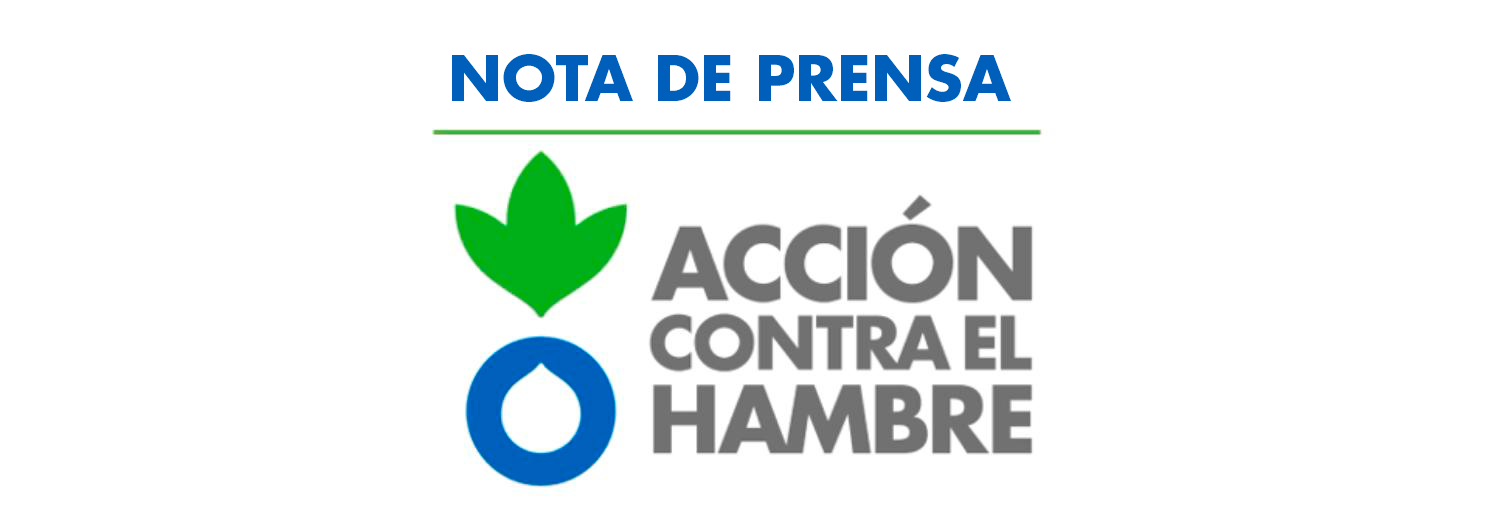

Action Against Hunger Warns of the Extreme Lack of Hygiene Materials in Northern West Bank, a Major Health Risk for Communities Living in Shelters
Action Against Hunger teams in the Occupied Palestinian Territory are witnessing an unprecedented expansion of violence and displacement in the West Bank. More than nine weeks of continuous military operations in refugee camps in northern West Bank have significantly worsened the humanitarian situation, causing massive displacement and hindering both humanitarian access and access to basic services for the civilian population.
For months, military tactics similar to those employed in Gaza have been observed: movement restrictions, forced displacements, sieges, and large-scale military operations. Since January, the number of displaced Palestinians in the West Bank has tripled compared to previous months. More than 40,000 people – between 40% and 100% of residents in refugee camps, depending on the location – have been forced to leave the camps of Jenin, Tulkarem, Nur Shams, and El Far'a, with many communities now besieged or cut off from essential services. Many displaced families have nowhere to go and are forced to seek temporary shelter in overcrowded collective accommodations that lack basic hygiene and sanitation infrastructure. Initial damage and needs assessments indicate that 70% of shelters lack hygiene materials.
“Many displaced people have nowhere to go, so they must seek collective shelters as temporary accommodation. Tens of thousands live in almost uninhabitable conditions. The lack of access to clean water and sanitation facilities is exacerbating health risks, and many communities are struggling to maintain hygiene. Immediate action is needed to ensure access to potable water, sanitation facilities, hygiene materials, and safe shelters for displaced and affected populations," explains Vincent Stehli, Director of Operations for Action Against Hunger.
In Jenin camp, more than 15 kilometers of roads have been completely destroyed, including 21 kilometers of water supply networks. In Tulkarem and Nur Shams camps, nearly 400 homes have been completely destroyed, with another 2,500 partially damaged. Entrances to all camps are blocked with earth mounds and other physical barriers. Across the West Bank, the UN Office for Humanitarian Coordination estimates there are more than 849 movement obstacles, a third of which are road gates that are frequently closed. Road blockages, denial of permits, delays at checkpoints, and security risks are among the reasons hindering operations.
Since the start of military operations, Action Against Hunger teams in the West Bank have distributed thousands of food packages, hygiene kits, and liters of drinking water to displaced families in Jenin, Tubas, and Tulkarem. Our teams have also provided stoves, cooking utensils, and electric heaters and plan to distribute bedding kits. Additionally, mobile latrines have been installed in displacement centers in Tulkarem and Jenin.
Teams will continue assessing damages and needs to plan future emergency interventions. Due to massive displacements and family movements within shelters, most people continue reporting urgent needs for essential items such as pillows, mattresses, blankets, menstrual pads, flashlights, underwear, baby diapers, soap, and toothpaste among others. Moreover, all displaced families in shelters depend on external food support provided by humanitarian actors.
“Thousands of people have been left homeless and without access to basic services. Our team is working tirelessly to provide urgent assistance, but restrictions and risks greatly hinder our work," says Vincent Stehli. “Four million dollars are needed for Action Against Hunger to respond to the consequences of military operations and ensure basic needs for communities returning home. These estimates include food package distribution; hygiene kits; bottled water distribution; water transport via tankers; emergency cash assistance; as well as repairs for shelters, water systems, and sanitation,” he concludes.
